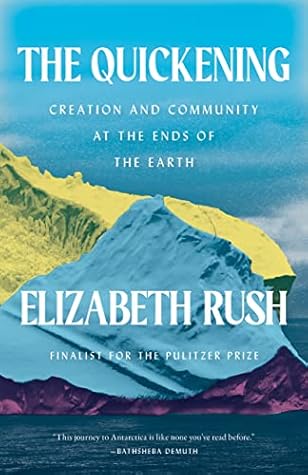More on this book
Kindle Notes & Highlights
A reminder that my habitual enthusiasm might serve as a liability at the start of this particular expedition, might make those onboard question whether I will relay their findings accurately and with care. Objectivity is valued above all else in the sciences, and too often it’s suggested it is a trait that women and writers both lack.
As I stared at its simple outline, I thought about how we often celebrate Antarctica as one of the few places on the planet that nobody owns. And while that is true in a literal sense, my early research into its literary history suggested that—at least at the language level—it is clear to whom the continent belongs.
I’d found that most of the narratives constructed around Antarctica, this place so powerful it long held humans at arm’s length, are driven by the twin engines of exploration and extraction, of heroics and imperial conquest.
many of the world’s seafloor maps are produced by the oil and gas industry—another reason we know so very little about Antarctica, where fossil fuel extraction has been forbidden for decades.
Part prayer, part curse, the collection suggests that the only way to survive great loss is to care for what remains with even more heart than before.
exercising compassion, especially for what isn’t ours by way of ownership or biology, “is the unceasing, rigorous work of a lifetime,” as Maggie Nelson writes in On Freedom,
Because if I wish a child into this world, then I must also wish this world upon them.


